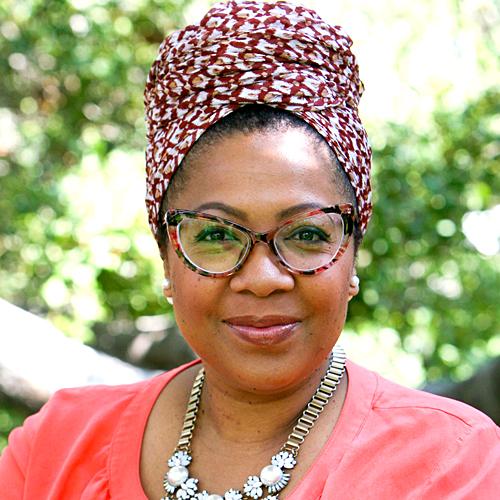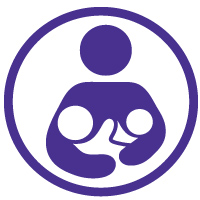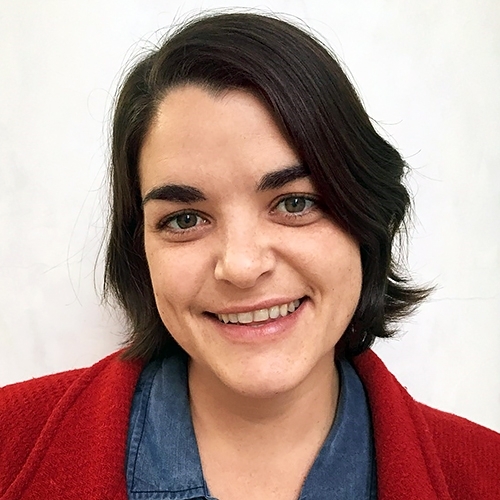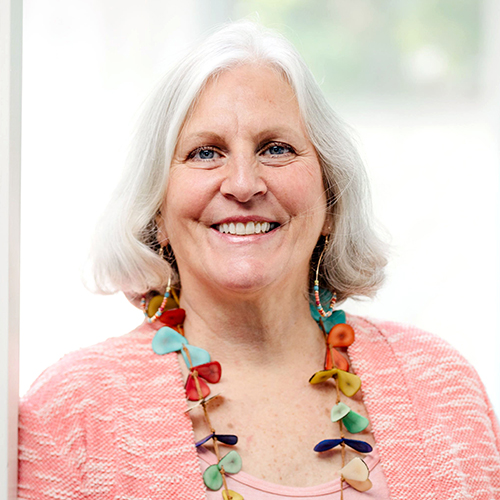 IBCLC Detailed Content Outline: Development and Nutrition / Maternal Focused CERPs - Section I B
IBCLC Detailed Content Outline: Development and Nutrition / Maternal Focused CERPs - Section I B
Access CERPs on Development and Nutrition / Maternal for the IBCLC Detailed Content Outline recertification requirements. On-demand viewing of the latest Development and Nutrition / Maternal focused IBCLC CERPs at your own pace.
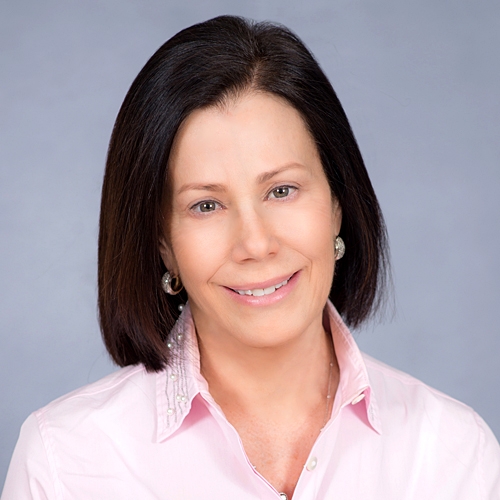
A Sensory Motor Approach to Neuromuscular Re-Education Post Frenotomy

Lori L. Overland, M.S., CCC-SLP, C/NDT, CLC is a licensed speech and language pathologist with her neurodevelopmental certification and certificate as a lactation counselor. Lori is currently working on her IBCLC under the mentorship of Dr. Tina Smilie M.D., IBCLC, and Cathy Watson-Genna IBCLC. Lori’s private practice focuses on infants, toddlers and preschool children with oral sensory-motor/feeding disorders. Lori has co-authored two books: A sensory motor approach to feeding, and Functional assessment and treatment of tethered oral tissue. In addition to her private practice, Alphabet Soup, Lori is a member of the TalkTools® speakers’ bureau, and has lectured on sensory-motor/feeding disorders around the United States and internationally. Lori holds degrees from Hofstra University and Adelphi University.
This session will focus on functional assessment and treatment of tethered oral tissue in the breastfeeding infant. Participants will understand the importance of task analysis of the motor skills to support sucking, prior to referring an infant for a release. Post op treatment has focused on active wound management (Ghaheri, B. 2017) rather than neuromuscular re-education. This approach multidisciplinary approach encourages lactation consultants to partner with body works specialists and speech pathologists to develop the underlying motor skills to support sucking.
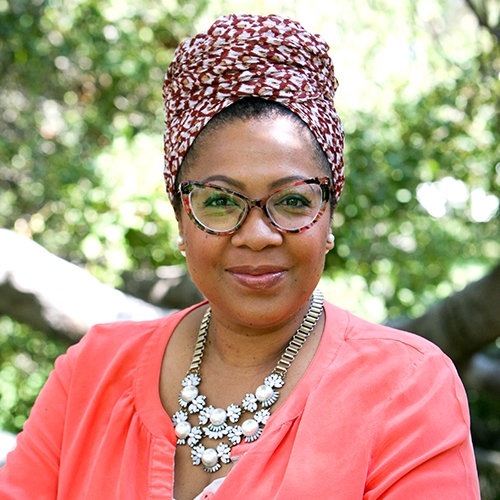

Nekisha Killings is an equity strategist, internationally board-certified lactation consultant, and maternal and child health advocate who speaks, teaches, and facilitates on topics related to equity and dismantling bias across various sectors.
When she is not home educating 4 future world changers, she acts as a Director of Equity, Inclusion and Belonging at Lactation Education Resources and consults organizations on creating and implementing strategies to better support marginalized communities.
Nekisha holds a Masters in Public Health and penned the chapter titled Cultural Humility in the latest Core Curriculum for Interdisciplinary Lactation Support text. Nekisha is on a mission to normalize brown breasts and nipples in health education, thereby better equipping healthcare providers to accurately assess and treat people of color.
Nekisha's work is rooted in a compassion and candor that could only have been cultivated in years of supporting new parents during their first days of parenthood. Nekisha is an active duty military spouse who has been awarded the Spouse of the Year designation for her volunteer efforts supporting families.
Topic: Breast Assessment and Non-White Skin Tones - [View Abstract]
Topic: BreastSide Manner: A Patient-Centered Approach to Lactation Support - [View Abstract]
Topic: Marching Orders: Developing Practical and Impactful Care Plans - [View Abstract]
Is a red spot always a key indicator of mastitis? What about the deep purple trademark of vasospasm? How does eczema present on non-white skin? Performing a standard breast assessment may cause clinicians to overlook or misidentify key indicators of maladies in patients that are not fair skinned. Learn how you can improve your assessments and familiarize yourself with other ways to identify common conditions in patients populations that may not have been featured in your textbooks.


Briana Tillman received her undergraduate degree in International Relations from the United States Military Academy at West Point. She has been a La Leche League Leader for 9 years and is a board certified lactation consultant. After spending 10 years as a stay-at-home mom, she is currently attending medical school at Rocky Vista University College of Osteopathic Medicine in Parker, Colorado. She loves spending time with her husband and three elementary-school-aged children—as a family they like to play board games, go camping, and play bluegrass and chamber music.
Topic: Breast Milk and the Microbiome - [View Abstract]
Recently, much scientific inquiry has turned to the new frontier of the “microbiome", the many microscopic beings living commensally or symbiotically in and upon the human body. Breast milk’s contribution to the development and sustenance of healthy gut bacteria is immense, in that it not only provides bacteria for the initial seeding, but also contains an ideal nutrient base designed to promote beneficial flora while simultaneously discouraging pathogens. This presentation will explore the relevant theories and understanding of these processes.
We will delve into the long-term health outcomes associated with the microbiome, including obesity, diabetes, brown-to-white fat ratio, gastrointestinal concerns, and allergies. This presentation will also explore the impact of breast milk storage and pasteurization techniques on its microbiologic activity. Additionally, we will look at other aspects of the microbiome as they relate to skin-to-skin contact, vaginal birth and breastfeeding.
Finally, we will describe bacterial roles in infant neurological development, allergies, digestion, immunity, and future obesity. Healthcare practitioners need to be aware of the benefits of microbial diversity in order to effectively counsel new parents, especially those with infants at risk for immunological or digestive concerns.
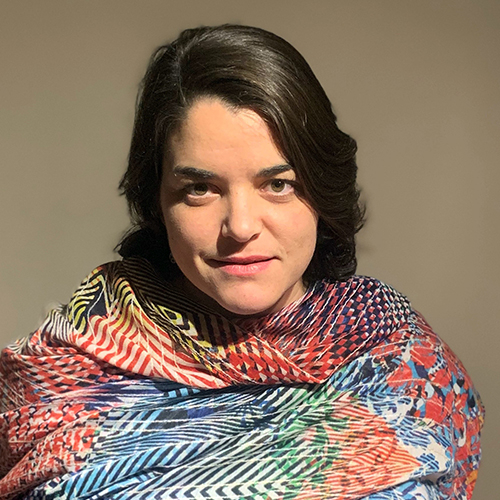

Mariana Colmenares Castano was born in Mexico City, and from an early age she was fascinated by animals and nature.She studied medicine at the National University of Mexico (UNAM), and foundher passion as a pediatrician doing her residency at the National Pediatric Institute. When her first child was born she witnessed the lack of knowledge and commitment to breastfeeding within the medical profession, and so she decided to specialize in breastfeeding medicine. She certified as a Lactation Consultant (IBCLC) in 2011.Mariana is a member of the International Lactation Consultant Association, the Academy of Breastfeeding Medicine, and a proud founding member of the National Lactation Consultant Association of Mexico (ACCLAM), where she served on the Board of Directors as Education Coordinator (2014-2019). She is part of board director for the Academy of Breastfeeding Medicine for a 3 year period (2019-2022) and recently named as secretary for the Academy of Breastfeeding Medicine. Mariana is a member of the team for Breastfeeding Country Index BFCI, a project from Yale University and Universidad Iberoamericana. She is consultant for the National Health Institute in Mexico and has collaborated with UNICEF in breastfeeding projects and part of the steering committee for the WHO. She has spoken at national and international conferences, co-published numerous articles and co-authored a chapter for the National Academy of Medicine. At the moment she is a Clinical Fellow in Community Paediatrics in London.
Topic: Breastfeeding The Baby With Congenital Heart Disease - [View Abstract]
Topic: Breastfeeding with Insufficient Glandular Tissue - [View Abstract]
Topic: Clinical Assessment and Management of Jaundice in the Newborn - [View Abstract]
Topic: Oral Colostrum Care as an Immunological Intervention in the NICU - [View Abstract]
Breastfeeding is the normative way to feed babies all over the world. We have access to a large amount of scientific evidence that supports it. Advocates of breastfeeding such as health care professionals that protect, promote and support the breast/chest feeding dyad can struggle sometimes with women or babies who cannot breastfeed as the World Health Organization suggests. Mothers with low milk supply are often supported by family, friends and health care with well meaning advice and remedies to help them do their best. Women who have insufficient glandular tissue (IGT) struggle with their milk supply, despite good breastfeeding management. It is common to see families with this issue during their second or third lactation failure without really understanding what might be going wrong. These babies can have dehydration in the neonatal period, hypernatremia or even death without anybody that could help with a correct diagnosis or help with achievable goals that can benefit both mother and baby. It is of great importance to help with accurate diagnosis that can also benefit psychologically and can help parents choose to continue breastfeeding with breast/ chest supplementation.

View Details / Enroll


Divya Sinha Parikh MD, IBCLC, FAAP is a board certified pediatrician practicing in Columbus, OH. She received her medical training at The University of Pittsburgh School of Medicine and completed her residency in general pediatrics at Rainbow Babies and Children’s Hospital at Case Western Reserve University. During residency, she created a breastfeeding medicine clinical rotation.
Within her practice, she has extensive experience managing lactation concerns and has taken a special interest in mentoring current and aspiring breastfeeding providers. She has presented her work at local and national meetings.
Rachel Walker received her master’s degree in exercise science and wellness from Old Dominion University and a PhD in nutritional sciences from Penn State University. Her PhD work focused on lipid metabolism and insulin resistance. She has over 3 years of experience teaching both nutrition and exercise science courses.
In 2020, she was selected for a research fellowship from the United States Department of Agriculture for her study, ‘The Role of Metabolic Health and Lipid Metabolism in Human Lactation and Milk Composition’. Her current research is focused on the effects of insulin resistance during pregnancy and lactation, especially with the goal of developing therapies to improve lactation.
She has presented her research at numerous national meetings. Rachel’s proudest achievement is becoming Mommy to her 3 children, Clark, Lee, and Nora.
The fat content of breastmilk is remarkably important for infant health outcomes. Therefore, it is important to understand what factors affect breastmilk fat profile. Total fat is the main determinant of energy in breastmilk, and varies with time of day, length of lactation, and duration of the feed. Maternal factors also influence milk fat, including BMI, parity, and diabetes. Long-chain polyunsaturated fatty acids, like docosahexaenoic acid and arachidonic acid, are vital to the structure and development of the infant brain, and attaining the correct balance is important for optimal development. Breastmilk fatty acid concentration, especially the polyunsaturated fatty acids docosahexaenoic acid and arachidonic acid, are vital to infant brain development. Fatty acid concentrations primarily depend on diet and vary significantly between populations, but other maternal factors can also affect the fatty acid content of breastmilk.
Breastmilk fat content has significant implications for clinical practice. First, it is necessary to optimize clinical methods for human milk fat measurement, such as bedside human milk analyzers. Second, understanding milk fat variation will help optimize breastmilk fortification for infants in neonatal intensive care units. Finally, variability in donor milk also makes estimation of fat and energy in milk banks difficult, with important clinical implications for preterm infants who cannot receive mother’s own milk.

View Details / Enroll


Joke graduated as a Midwife in 2006 and a Master in Midwifery in 2008. She obtained the IBCLC lactation consultant degree in 2011. She graduated in specialised applied pharmacology in 2015. She has experience as midwife and lactation consultant in her own primary care practice, lecturer at the University College Brussels, head editor of the Flemish Journal of Midwifery and board member of the Flemish Organisation of midwives and ELACTA. At the moment Joke is also a researcher on COVID-19 vaccination during lactation at the University of Brussels.
Topic: Ready-Made Educational Breastfeeding Material to Improve Parental Education and Empower Parents. - [View Abstract]
Breastfeeding parents will encounter the SARS-CoV-2 virus and may contract COVID-19. The availability of new vaccines against COVID-19 created a need for guidance about vaccination during lactation. We aim to get an insight into the effects of COVID-19 vaccines during the lactation period. This entails the safety of vaccination during lactation, the immune response in lactating women and the excretion of immunological factors in breastmilk. Not a lot is known about the transfer of immunoglobulin A (IgA) and the mechanisms by which these antibodies provide protection to the neonate via breast milk. This presentation contributes to the knowledge of SARS-COV-2 infections and the use of different vaccine-platforms during breastfeeding and will benefit the population with respect to public health. As vaccination during lactation could result in clinically relevant sIgA-titers in breastmilk and protecting the child in early life, it is of importance that women have this information to decide whether to take the vaccine.
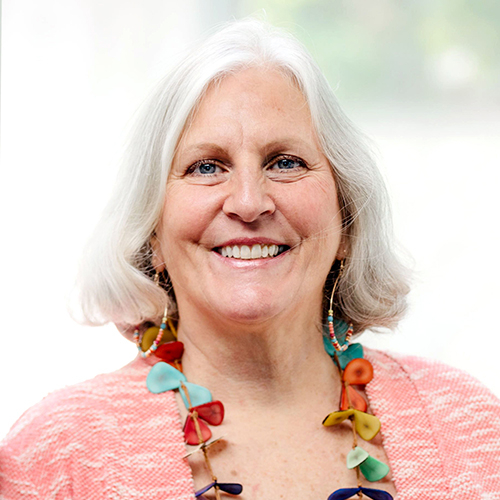
Creating Flow: Using Lymphatic Drainage Therapy for Breastfeeding Issues

Dr. Hazelbaker has been a therapist in private practice for over 30 years. She specializes in cross-disciplinary treatment and to that end has taken training in several modalities to best assist her clients. She is a certified Craniosacral Therapist, a Lymph Drainage Therapy practitioner, a Tummy Time™ Trainer, a Haller Method practitioner, A Pre and Perinatal Psychology Educator, a Lactation Therapist Diplomate, an International Board Certified Lactation Consultant and a fellow of the International Lactation Consultant Association.
She earned her Master’s Degree from Pacific Oaks College (Human Development specializing in Human Lactation) and her doctorate from The Union Institute and University (Psychology, specializing in Energetic and Transformational healing.)
People recognize her as an expert on infant sucking issues caused by various structural problems like torticollis, plagiocephaly, brachycephaly and tissue shock-trauma. She invented the Hazelbaker™ FingerFeeder and the Infant Breastfeeding CranioSacral Protocol™ to assist in the resolution of this type of infant sucking dysfunction.
Topic: Cranial Nerves: A Critical Component of the Process of Breastfeeding - [View Abstract]
Topic: Creating Flow: Using Lymphatic Drainage Therapy for Breastfeeding Issues - [View Abstract]
Topic: Finger Feeding: What Do We Know? What Should We Know? - [View Abstract]
Topic: Gamechangers: New studies that will change the way we think about tongue-tie - [View Abstract]
Topic: Infant Trauma: Impact on Breastfeeding - [View Abstract]
Topic: The Faux Tie: When is a "Tongue-tie" NOT a Tongue-tie? - [View Abstract]
Topic: The Impact of Bodywork on Infant Breastfeeding - [View Abstract]
Topic: What Does Torticollis Have to do with Breastfeeding? - [View Abstract]
Surprisingly, lymphatic congestion forms the foundation of some lactation problems like chronic plugged ducts and un-resolving nipple and breast pain. In this cutting-edge presentation, Dr. Hazelbaker covers the anatomy and physiology of the lymphatic system (especially as it pertains to the breast) and discusses the most common presentations and causes of lymphatic breast congestion. She demonstrates the Lymphatic Drainage Therapy technique in videos of three cases. Dr. Hazelbaker leaves the audience with a brief breast self-care regimen that can enhance the breast health of every participant when used consistently.

View Details / Enroll
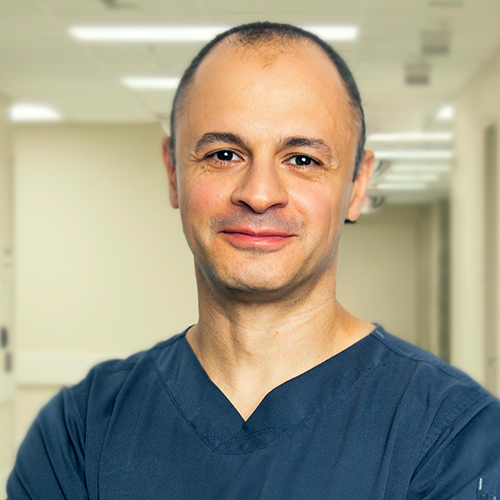
Early Breastmilk Exposure and Later Cardiovascular Health in Premature Infants

Prof EL-Khuffash is a Consultant Neonatologist and Paediatrician. He is a qualified International Board Certified Lactation Consultant. His two primary clinical and research areas of expertise are heart function in neonates and the promotion of breast feeding, and breast feeding support, to new mothers. He also has extensive expertise in general feeding issues encountered by babies over the first few months.
Prof EL-Khuffash sees families for prenatal breast feeding and fetal anomaly consultations and postnatal infant assessment, 2 and 6 week checks, and breastfeeding/general support including early irritability and reflux in his consultation rooms in the Rotunda Private Clinic.
Prof EL-Khuffash has considerable knowledge of breast feeding medicine and experience in providing antenatal and postnatal breast feeding advice and support to new mothers. This includes identifying and addressing challenges to breastfeeding in both the mother and the baby. He also specialises in general feeding difficulties and early feeding issues encountered by babies.
Prof EL-Khuffash graduated from Trinity College, Dublin in 2002 and enrolled in the Royal College of Physicians of Ireland paediatric specialist training scheme in 2005. He completed a Doctor of Medicine (MD) degree in University College, Dublin in 2008 and his neonatal specialty training in Toronto, Canada (2009-2011). Following this, he was appointed as a consultant Neonatologist and Assistant Professor of Paediatrics at the University of Toronto in January of 2011. He obtained a diploma in clinical epidemiology during his time in Toronto. He is the recipient of several national and international research awards, with international peer reviewed publications and keynote presentations and the lead for cardiovascular research, supervising several post graduate PhD candidates.
Topic: Mother's Own Milk Versus Donor Human Milk in the NICU: Practical Recommendations for Individualized Care - [View Abstract]
Premature infants have impaired cardiovascular function that persists into adulthood. Preterm infants exhibit impaired systolic and diastolic dysfunction that is intolerant of the adverse loading conditions experienced during the early neonatal period. Young adults born premature demonstrate a unique cardiac phenotype characterized by reduced biventricular volume, relatively lower systolic and diastolic function, and a disproportionate increase in muscle mass. This may clinically manifest by an increased risk of cardiovascular incidents, hypertension, and reduced exercise tolerance. Those consequences appear to result from early postnatal cardiac remodelling due to premature birth and associated comorbidities. Recent evidence suggests that early exposure to breast milk slows down or even arrests those pathophysiological changes, thereby mitigating the long-term adverse effects of premature birth on cardiovascular health. In this presentation, I aim to demonstrate the vital role of early breast milk exposure in preventing cardiovascular disease in preterm infants. We will explore the emerging evidence and examine the possible mechanistic pathways mediating this phenomenon.
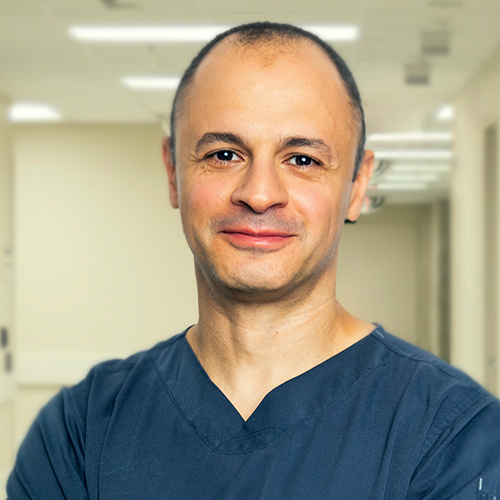
View Details / Enroll
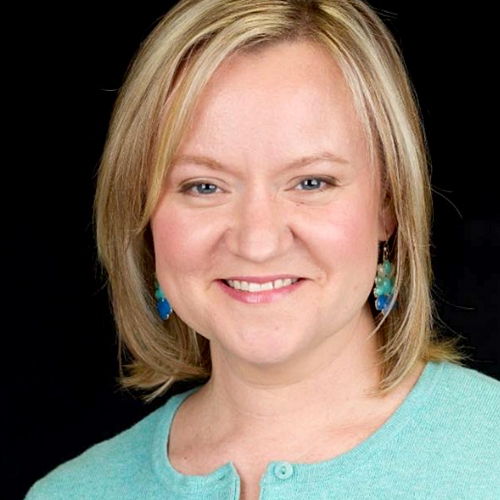
Foundations of TOTS Assessment: Anatomy, Appearance, and Function

Lisa Lahey RN, IBCLC, OMT has worked for 23 years in maternal child health as a nurse and lactation consultant in L/D, postpartum, newborn nursery, NICU, and perinatal education. Lisa is currently working on her master's degree for Family Nurse Practitioner. An IBCLC for 20 years, Lisa has a special interest and expertise in tethered oral tissues. Lisa’s private practice Advanced Breastfeeding Care provides home visits or office consults for complex feeding issues as well as joyful breastfeeding. Lisa also provides myofunctional therapy to babies, children, and adults in a functional orthodontic office. Lisa is a contributing author to the book Tongue Tied. Lisa enjoys teaching assessment fundamentals and oral exercises when she lectures at conferences and courses. Clinical photography and nature photos are also a favorite hobby. Most of all, she is a mom to five children (all were breastfed) who keep her busy and remind her daily of life’s joys and treasures traveling and hiking with her family to unplug from a busy pace in life.
The IBCLC must develop and expand knowledge of the 3 foundations key to TOTs assessment which are anatomy, appearance, and function. This talk will review anatomy and physiology concepts, explore appearance of frenulums, and discuss current functional screening tools that can be utilized for assessment.
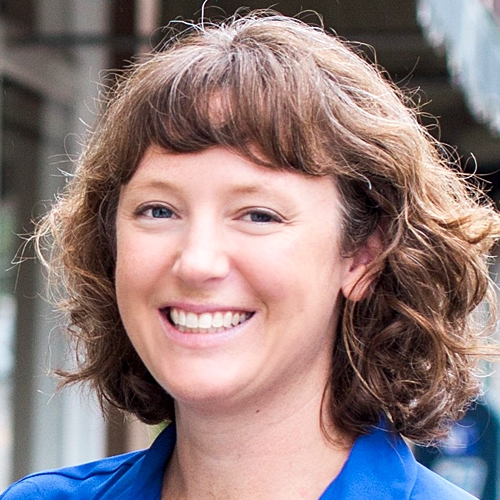
Funny Tasting Milk: The Biochemistry and Clinical Applications of Human Milk Oxidation vs. High Lipase Action

After studying biology at Meredith College in North Carolina, Nicola Singletary, PhD, MAT, IBCLC spent the early part of her career sharing her love of science with middle school students. It was not until after the birth of her first child in 2007 and the challenges she faced breastfeeding that she became interested in pursuing a career in breastfeeding support. She enrolled at North Carolina State University to study human nutrition and completed the Mary Rose Tully Training Initiative through the Carolina Global Breastfeeding Institute at UNC Chapel Hill in 2012. In the fall of 2013, she opened Harmony Lactation, LLC with the goal of helping mothers meet their breastfeeding goals. She recently completed her PhD in Nutrition and is a postdoctoral researcher at NCSU; her research focuses on breastfeeding education. She is also co-owner of Next Level Lactation, an educational and consulting company for lactation professionals.
Topic: Funny Tasting Milk: The Biochemistry and Clinical Applications of Human Milk Oxidation vs. High Lipase Action - [View Abstract]
Some breastfeeding parents find that their stored milk tastes sour or rancid, and sometimes this milk is refused by their baby. These flavors and odors are often described as metallic, fishy, rancid, sweaty or soapy. But what exactly causes these ‘off’ flavors and what can be done about milk that is refused? Is the solution always to scald milk? Milk with high lipase action leads to milk with increased levels of free fatty acids during storage that can produce rancid and sweaty flavors. Enzymes such as lipase can be inactivated by heating prior to milk storage. Milk with high levels of polyunsaturated fatty acids is susceptible to fat oxidation during storage leading to fishy and metallic flavors. Storage recommendations to reduce oxidation of fatty acids in milk include using short storage times, thawing at cold temperatures, and avoiding light exposure during storage. Case studies of both oxidized milk and high lipase action will be presented along with possible solutions.

View Details / Enroll
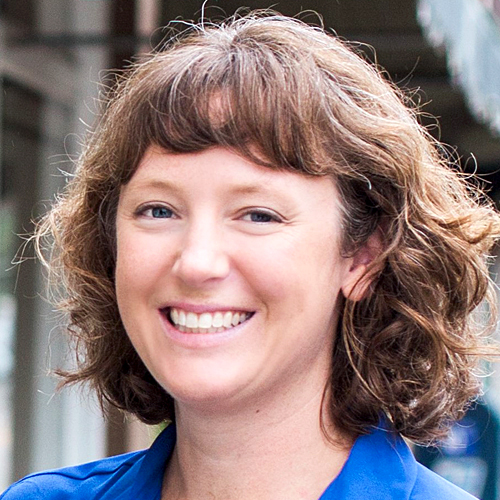
View Details / Enroll



